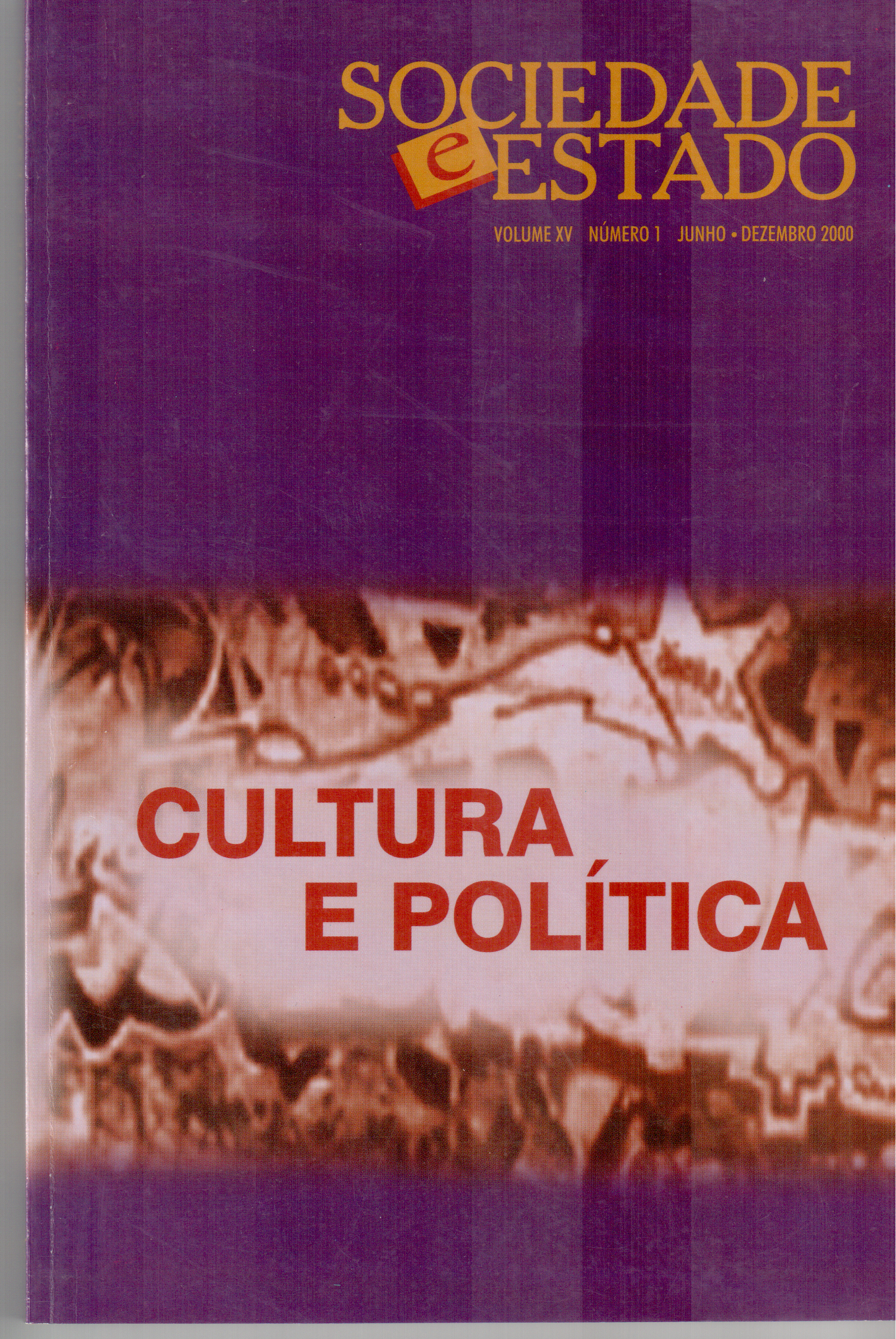As culturas nacionais na era da globalização cultural
Keywords:
políticas culturais, globalização, culturas nacionais, imperialismo cultural.Abstract
In order to assess the implications of globalization for national cultural policies, it is necessary, firstly, to understand the nature of cultural globalization. What types of theories can be used to understand cultural globalization? Can cultural globalization be conceptualized as a form of cultural imperialism? If not, how can cultural globalization be understood? To what extent can cultural policies be used to control the impact of global cultures on national cultures? These are some of the questions that this article attempts to answer.
Downloads
References
Appadurai, A. (1990) “Disjuncture and difference in the global cultural economy” in Public Culture, 2: 1 -24.
Banks, Jack. (1996) Monopoly Television; MTV’s Quest to Control the Music. Boulder, CO: Westview Press.
Biltereyst, Daniel. (1991) “Resisting American hegemony: a comparative analysis of the reception of domestic and US fiction” in European Journal of Communication, 6: 469-497.
Biltereyst, Daniel. (1995) “European audiovisal policy and the cross-border circulation of fiction: a follow-up flow study” in Cultural Policy, 2: 3-24.
Boddy, William. (1994) U.S. “Television abroad: market power and national introspection” in Quarterly Review of Film and Video, 15: 45-55.
Crane, Diana. (1992) The Production of Culture: Media and Urban Arts. Newbury Park: Sage. Dissanayake, Wimal. (1996) “Asian cinema and the American cultural imagery” in Theory, Culture, and Society, 13: 109-122.
Filion, Michel. (1996) “Broadcasting and cultural identity: the Canadian experience” in Media, Culture and Society, 18: 447-467.
Fotheringham, Allan. (1988) “Australian cultural imperialism?” in Maclean’s, 101 (August 22): 48. French, David and Richards, Michael. (1996) “Open markets and the future of television - Fiction and fact”: GATT, “GATS and the World Trade Organisation” in David French and Michael Richards (eds.) Contemporary Television; Eastern Perspectives. New Delhi: Sage Publications, 343-358.
Garofalo, Reebee. (1995) “Whose world, what beat? The transnational media industry, identity and cultural imperialism” in Radical America, 25: 25-38.
Hedges, Inez. (1995) “Transnational corporate culture and cultural resistance” in Socialism and Democracy, 9: 151-164.
Hoskins, C. and Mints, R. (1990) “Television fiction made in U.S.A.” in P. Lauren (ed.) Import/ Export; International Flow of Television Fiction. Paris: UNESCO, 83-90.
Liebes, Tamara and Katz, Elihu. (1990) The Export of Meaning: Cross-cultural Readings of Dallas. New York: Oxford University Press.
Malm, Karen and Wallis, Roger. (1992) Media Policy and Music Activity. London: Routledge.
McAnany, Emile G. and Wilkinson, Kenton T. (1992) “From cultural imperialists to takeover victims? Questions on Hollywood’s buyouts from the critical tradition” in Communication Research, 19: 724-748.
Mitchell, Tony. (1993) “World music and the popular music industry: an Australian view” in Ethnomusicology, 31: 309-338.
Munro, J. Richard. (1990) “Good-bye to Hollywood: cultural imperialism and the new protectionism” Vital Speeches, 56 (June 15): 524-527.
Nain, Zaharom (1996) “The impact of the international marketplace on the organisation of Malaysian television” in David French and Michael Richards (eds.) Contemporary Television; Eastern Perspectives. New Delhi: Sage Publications, 157-180.
Nossek, Hillel and Adoni, Hanna. (1996) “The social implications of cable television: restructuring connections with self and social groups” in International Journal of Public Opinion Research, 8: 51-69.
Phillips, J. D. (1982) “Film conglomerate blockbusters: international appeal and product homogenization” in G. Kindem (ed.), The American Movie Industry. Carbondale: Southern Illinois University Press, 325-335.
Roach, Coleen. (1997) “Cultural imperialism and resistance in media theory and literary theory” in Media, Culture and Society, 19:47-66.
Salwen, Michael B. (1991) “Cultural imperialism: a media effects approach” in Critical Studies in Mass Communication, 8: 29-38.
Shukar, Roy and Pickering, Michael. (1994) “Kiwi rock: popular music and cultural identity” in New Zealand. Popular Music, 13: 261-278.
Sinclair, John, Elizabeth Jacka, and Stuart Cunningham (1996) “New Patterns” in Global Television. Oxford: Oxford University Press.
Sreberny-Mohammadi, Annabelle. (1991) “The global and the local in international communications” in James Curran and Michael Gurevitch (eds.) Mass Media and Society. London: Edward Arnold, 118-138.
Straubhaar, Joseph D. (1991) “Beyond media imperialism: asymmetrical interdependence and cultural proximity” in Critical Studies in Mass Communication, 8: 39-59.
Tomlinson, John (1991) Cultural Imperialism: A Critical Introduction. Baltimore, MD: The Johns Hopkins University Press.
Uchitelle, L. (1998) “Some economic interplay comes nearly full circle” in New York Times, April 30.
Varis, T. (1985) International Flow of Television Programs. Paris: Unesco.
White, Richard. (1983) “A backwater awash: The Australian experience of Americanisation” in Theory, Culture and Society, 1: 108-122.
Downloads
Published
How to Cite
Issue
Section
License
Copyright (c) 2022 Revista Sociedade e Estado

This work is licensed under a Creative Commons Attribution-NonCommercial 4.0 International License.




.jpg)



















